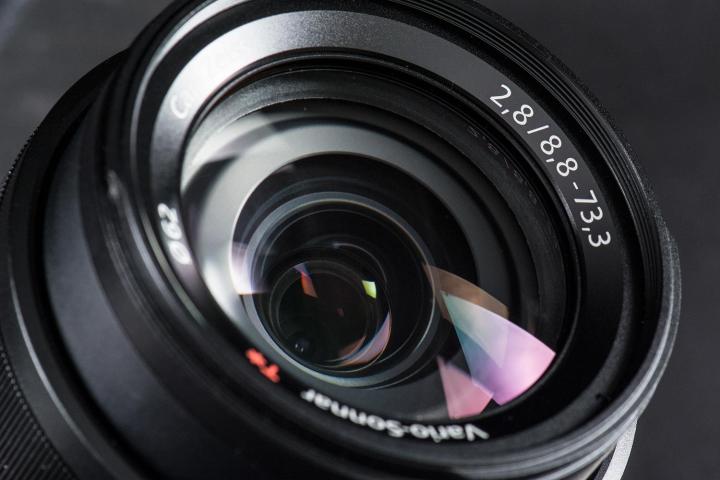
First demonstrated as a prototype in 2012, the Harvard School of Engineering and Applied Sciences (SEAS) created a planar (flat) lens that is ultra-thin and uses nano-sized silicon antennae to direct light. Through the proper placement of these silicon antennae, light can be bent toward a focal point instantaneously – rather than gradually, like traditional convex lenses.
The way SEAS explains it: Different wavelengths flow through a curved lens in different directions by virtue of having a different frequency, and thus some wavelengths may hit a camera’s focal point at a different time than others, or miss the focal point entirely. But cameras use only one focal point to create an image, and if some of the wavelengths don’t hit that focal point, a loss of accuracy occurs. A curved lens accounts for this loss by using multiple lenses of different shapes behind it to manipulate the different wavelengths into hitting the same focal point. The newly developed flat lens, however, uses embedded silicon antennae to divert wavelengths to a single focal point at the same time through one, ultra-thin lens, dramatically lessening the chance for a wavelength to miss the focal point, along with being less bulky.
This new style of lens, dubbed by the research team as an “achromatic metasurface,” is being hailed by lead researcher Frederico Capasso as “a major step forward in establishing a planar optical technology with a small footprint which overcomes the limitations of standard flat optics.” He continued on that “it also opens the door to new functionalities because of the enormous design space made possible by metasurfaces.” Harvard’s Office of Technology Development is filing for a patent to pursue commercial applications.


